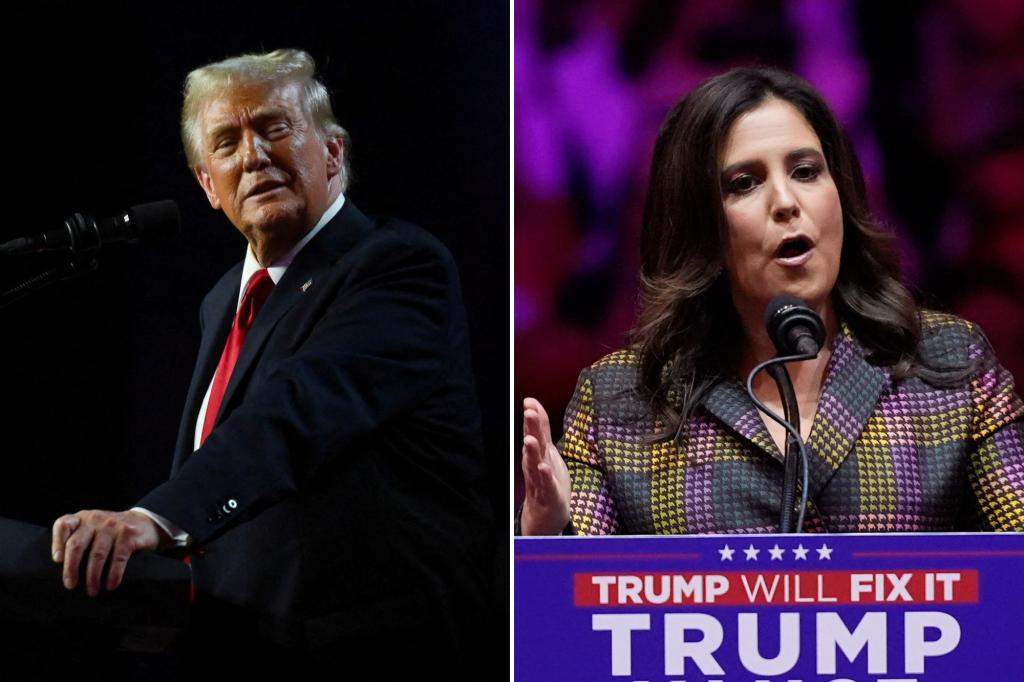New U.S. Ambassador’s Pro-Israel Stance and Anti-UN Sentiment
Congresswoman Alice Stefanik, chosen as the next U.S. Ambassador to the United Nations, holds strong pro-Israel views. She has lobbied for Israel’s interests for years. Stefanik’s appointment marks a shift in U.S. diplomacy. Many in the Trump administration view the UN as anti-American and anti-Israeli.
Trump’s Vision for the UN
In early 2024, Republican candidates criticized the UN. They promised to cut all U.S. funding to the organization. Some even suggested relocating the UN headquarters outside the U.S. Trump ally Vivek Ramaswamy called for a review of U.S. membership in NATO and the UN.
During his first term, Trump cut UN funding and withdrew from the Human Rights Council over its criticism of Israel. He described the UN as a center for “globalist” interests, undermining American sovereignty.

Public Opinion on the UN
Americans, particularly Republicans, increasingly view the UN negatively. Two-thirds of Americans share this sentiment. Around 20% of Americans favor withdrawing from the UN, with this view popular among Trump supporters. The UN’s criticism of Israel contributed to this growing dissatisfaction.
NATO’s Decline in Popularity
Alongside criticism of the UN, NATO faces growing skepticism. Many Americans question NATO’s value, especially with shifting global dynamics. Trump supporters advocate for working outside NATO’s framework. They believe the U.S. should prioritize relationships with specific leaders instead of multilateral institutions.
A Changing Global Landscape
Stefanik’s appointment signals a more aggressive stance toward the UN. Her pro-Israel advocacy will intensify U.S. pressure on the UN. The U.S. is likely to challenge the post-World War II international order more directly. As America distances itself from international institutions, the future of the UN and NATO looks uncertain. U.S. foreign policy may focus on individual leaders, not multilateral frameworks.
Our Visitor






 Users Today : 60
Users Today : 60


